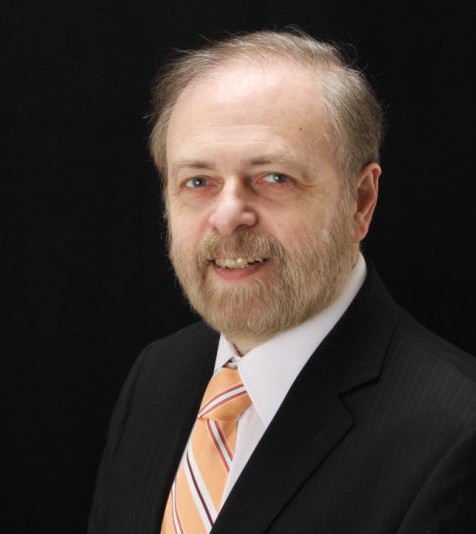By Rabbi Mordechai Levin
Many of us run from one place to another, trying to keep up with schedules, appointments and various responsibilities. For many, life resembles an unending and exhausting daily marathon.
Rabbi Nachman of Bratzlav (1772-1811) told the following story. Once upon a time, from his window that overlooked the marketplace, Rabbi Nachman saw one of his followers who seemed to be in a hurry. The rabbi invited him into his home to visit.
“Have you seen the sky this morning?” asked Rabbi Nachman.
“No, Rabbi,” replied his disciple.
“And the street? Did you see the street this morning?”
“Yes,” said the man.
“And now, do you still see it?”
“Yes Rabbi, I see it.”
“Tell me what you see.”
“People, horses, cars, merchants, men and women that go to and fro. That is what I see.”
“In 50 years — in 100 years — a street just like this and another market, similar to this one, will be in the same place,” said Rabbi Nachman. “Other carriages will carry other merchants to buy and sell other horses. But I will not be here, and you will not be here. So I ask you, what sense does it make to run, if you do not even have time to see the sky?”
Truly, what purpose does anything have if we do not take the time to be, to attend to our spiritual needs? What purpose does anything have if we do not take time to enjoy the miracle of being alive, the beauty of nature, and to share our lives with the people we love?
That is what the Shabbat is all about. It is a day to stop running and to search for the things that give meaning to our lives. It is the day to search for peace within ourselves, peace with our fellow men, peace with nature and peace with God.
In the words of Rabbi Abraham J. Heschel (1907-1972): “The meaning of the Shabbat is to celebrate time rather than space. Six days a week we live under the tyranny of things of space; on the Sabbath we try to become attuned to holiness in time. It is a day on which we are called upon to share in what is eternal in time, to turn from the results of creation to the mystery of creation, from the world of creation to the creation of the world.”
 is the rabbi of Congregation Beth Israel in Munster, IN. He received his rabbinic ordination from the Latin American Rabbinical Seminary, and is a member of the Rabbinical Assembly. In 2010, he was awarded an Honorary Doctorate of Divinity from the Jewish Theological Seminary in New York City for his years of dedicated service to the Conservative movement and the Jewish community...
is the rabbi of Congregation Beth Israel in Munster, IN. He received his rabbinic ordination from the Latin American Rabbinical Seminary, and is a member of the Rabbinical Assembly. In 2010, he was awarded an Honorary Doctorate of Divinity from the Jewish Theological Seminary in New York City for his years of dedicated service to the Conservative movement and the Jewish community...